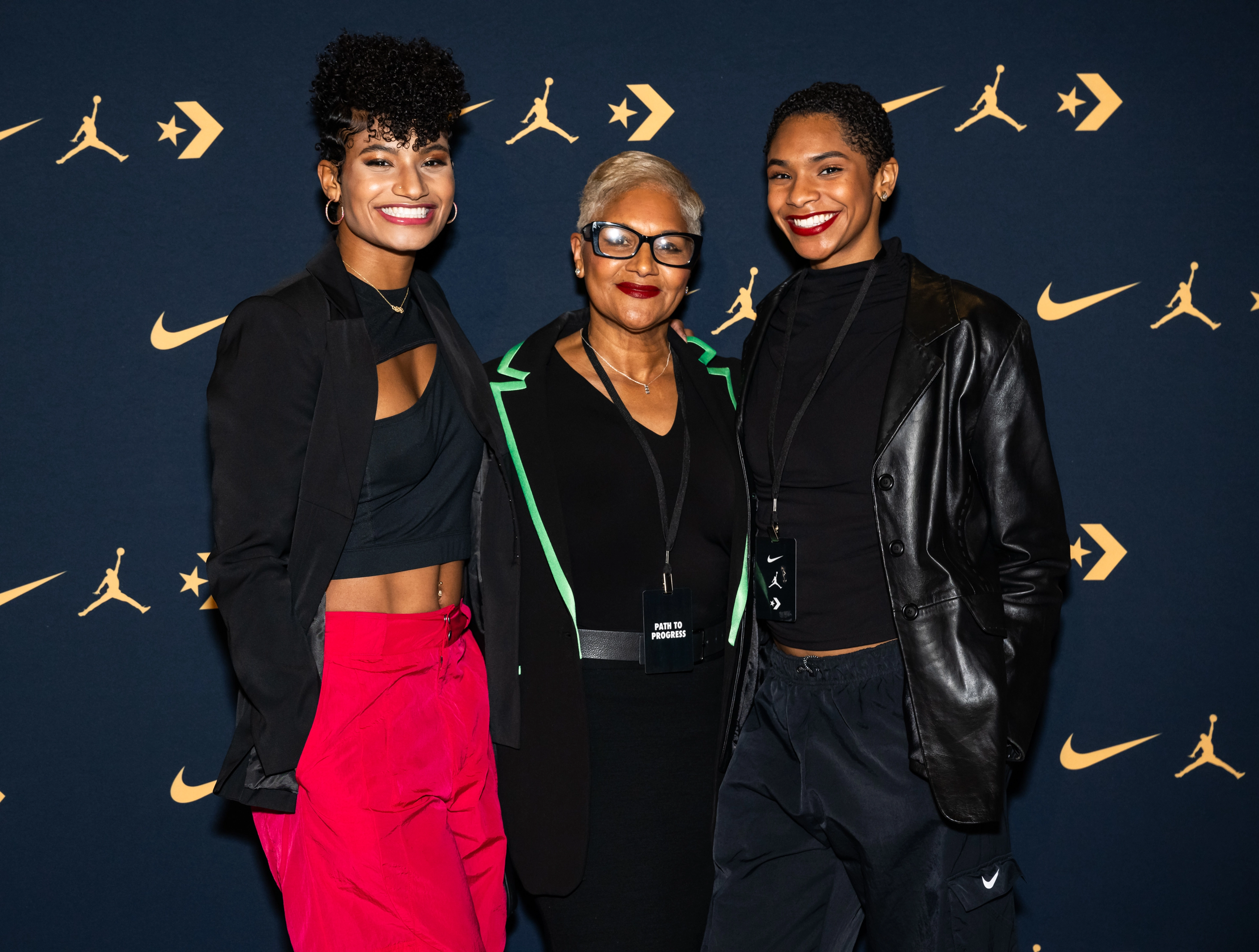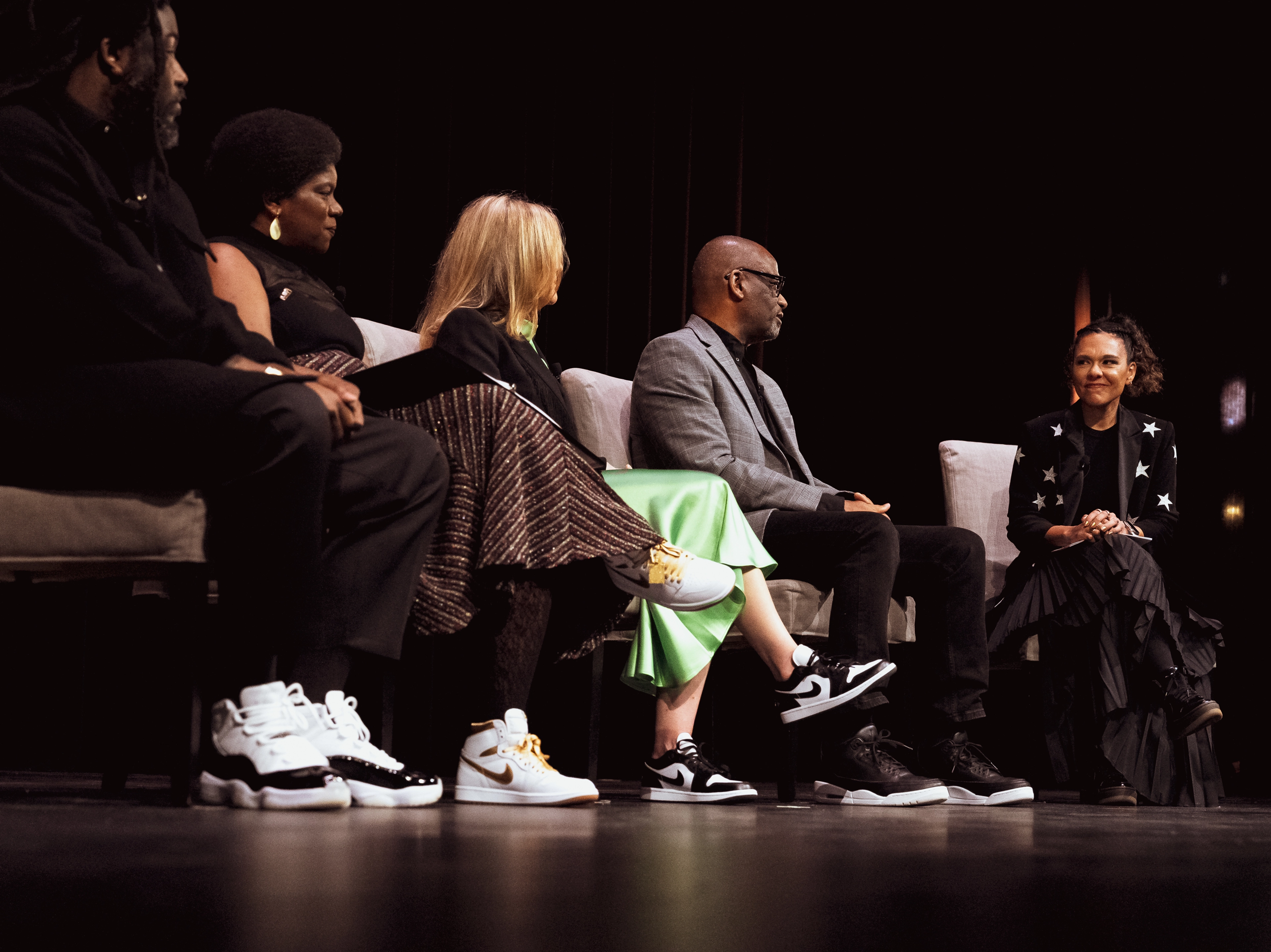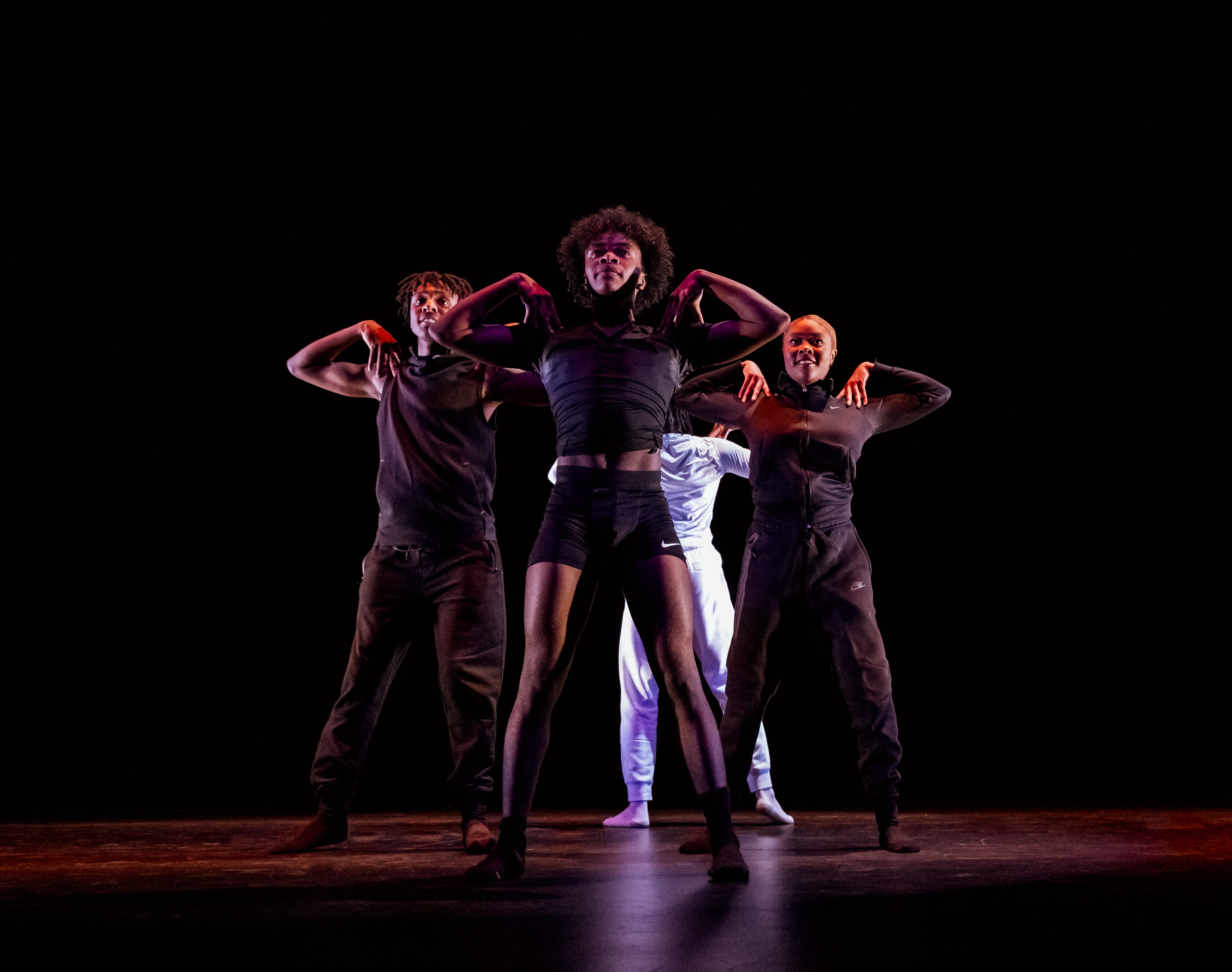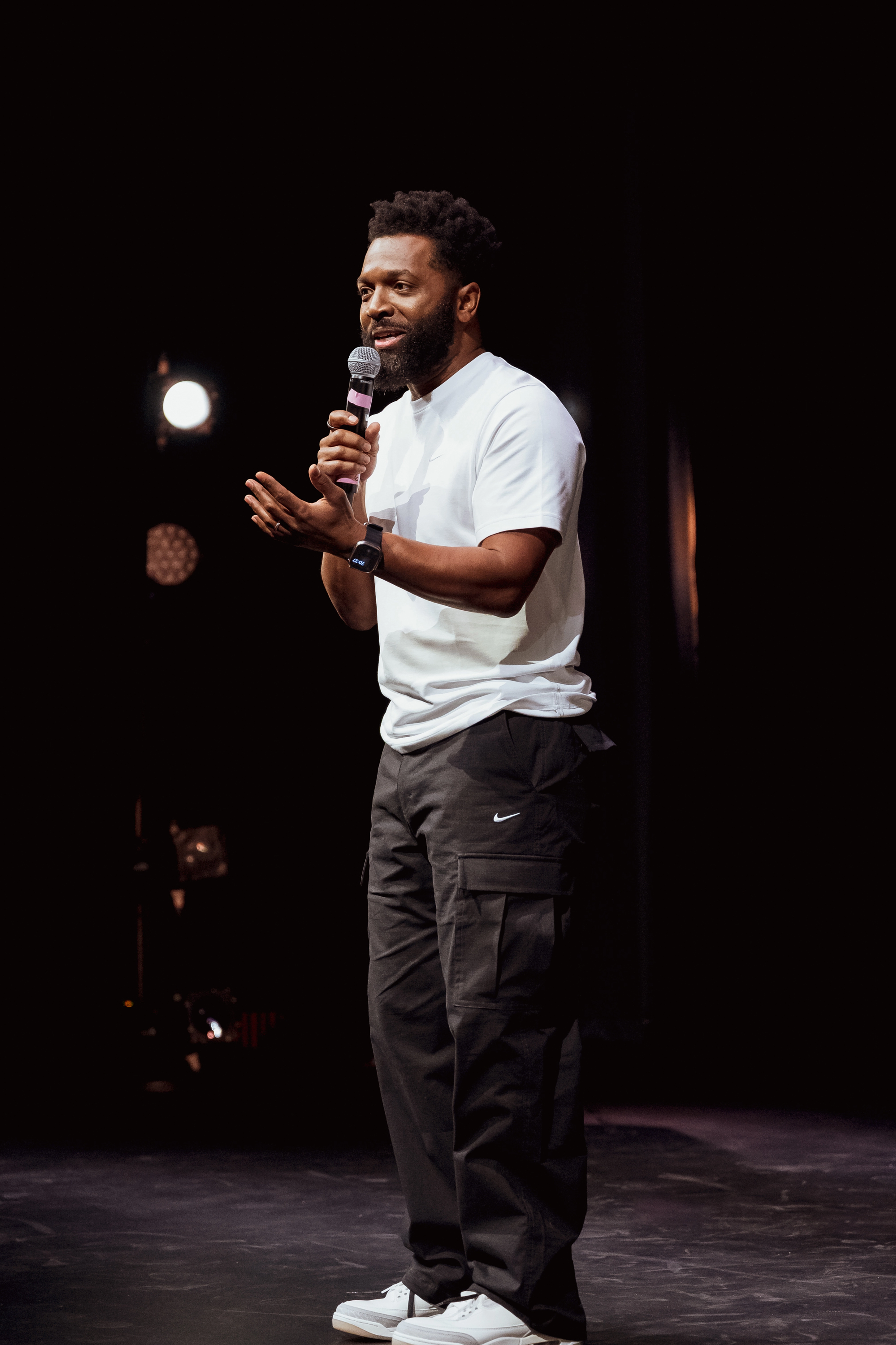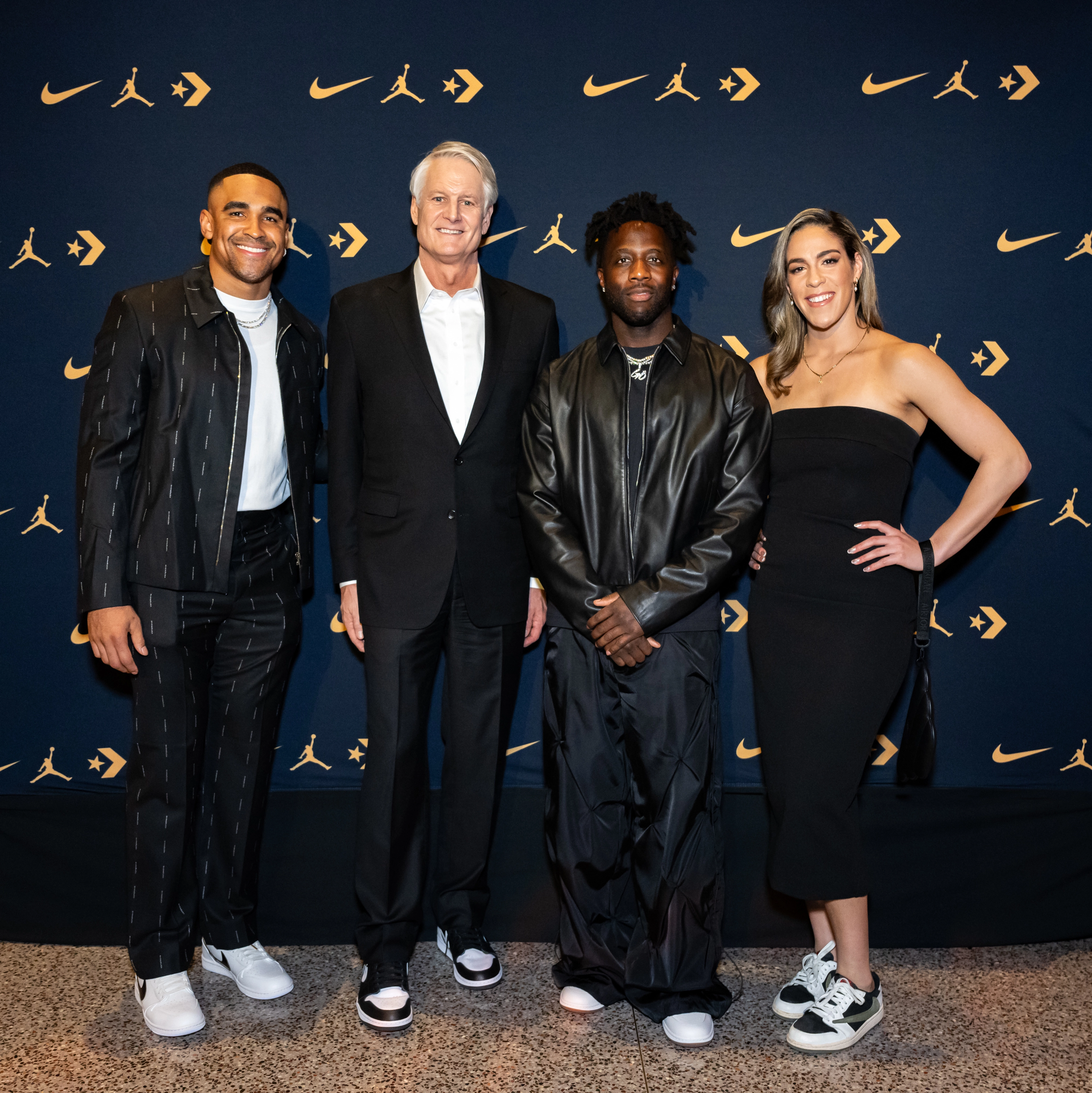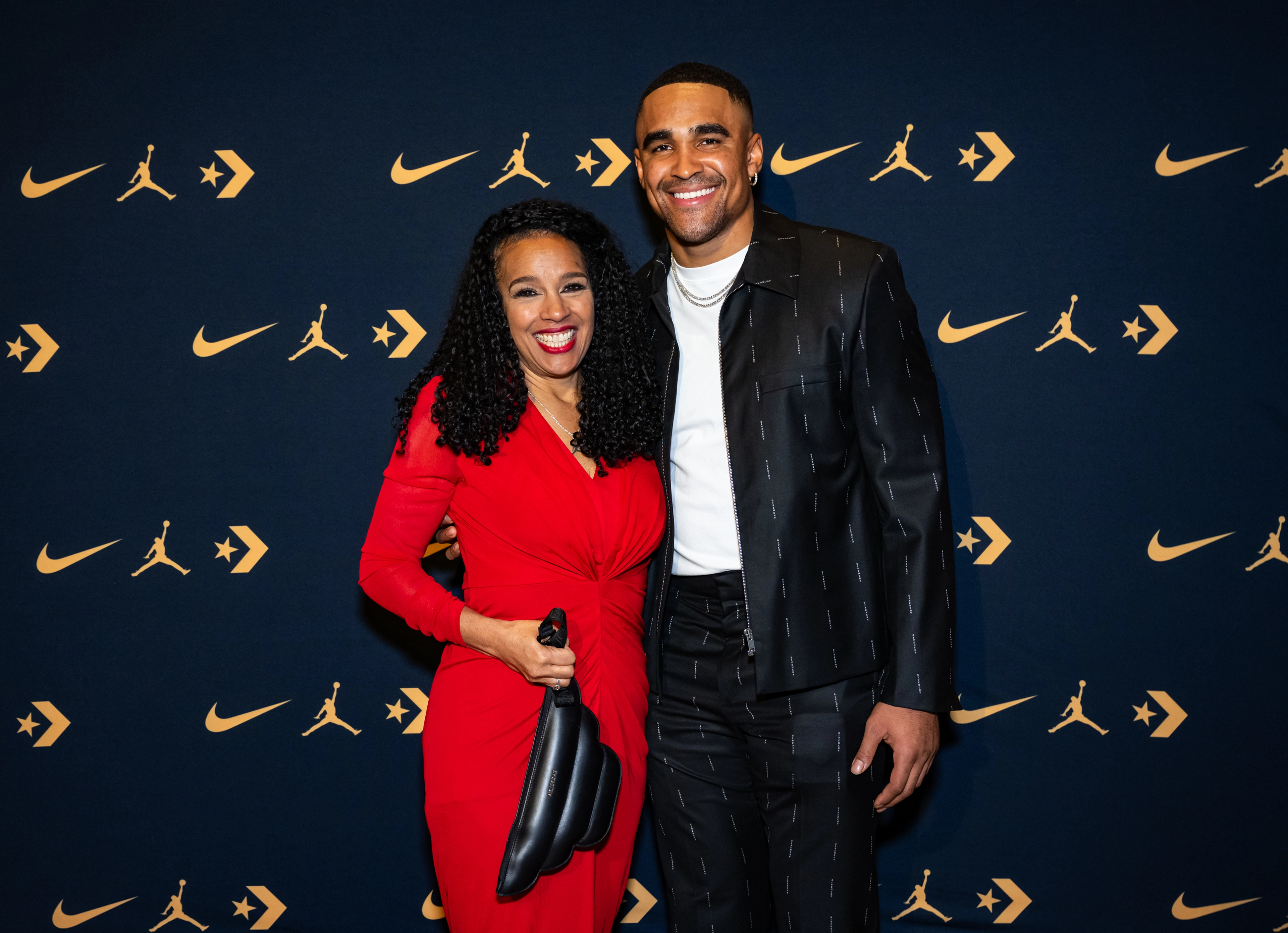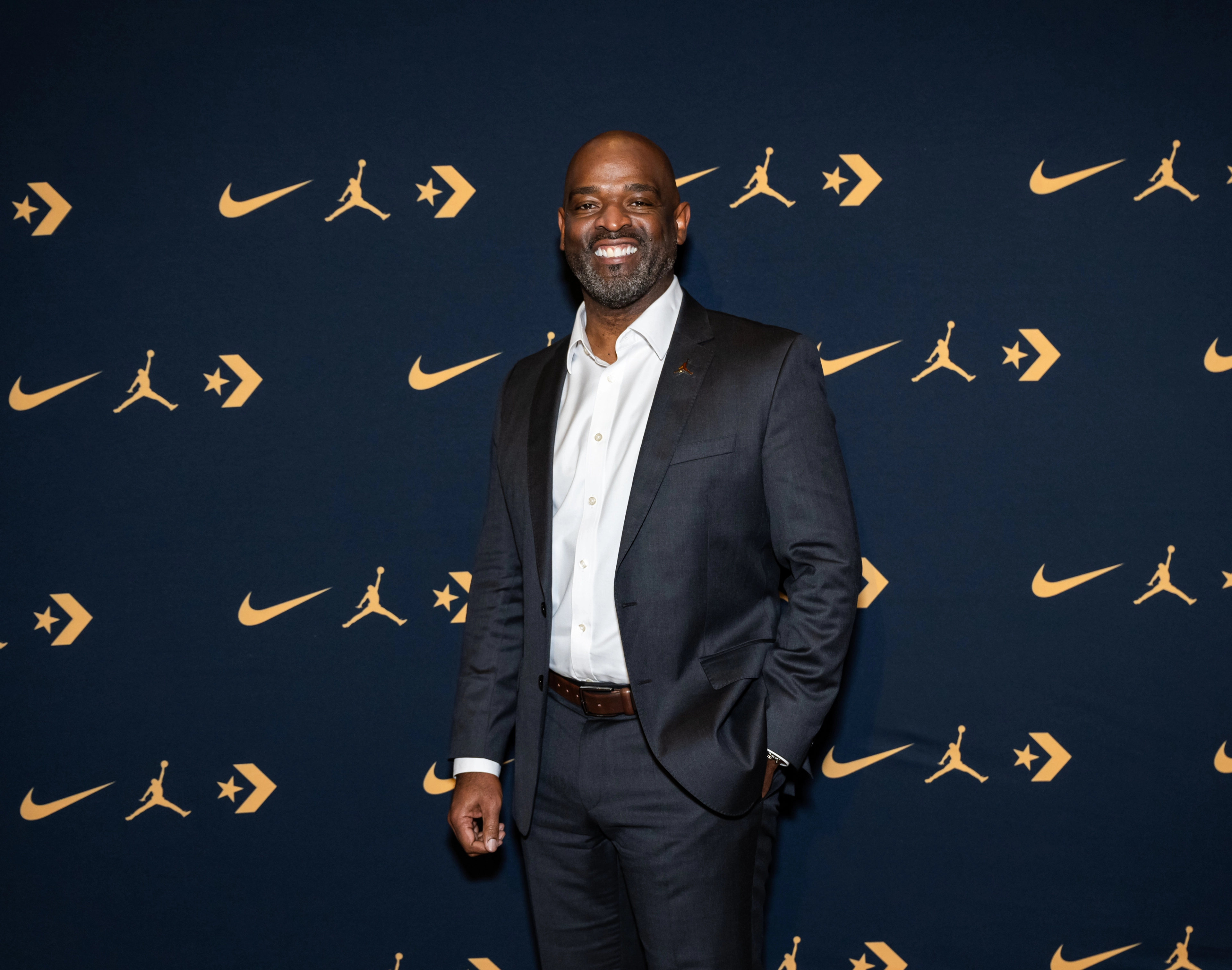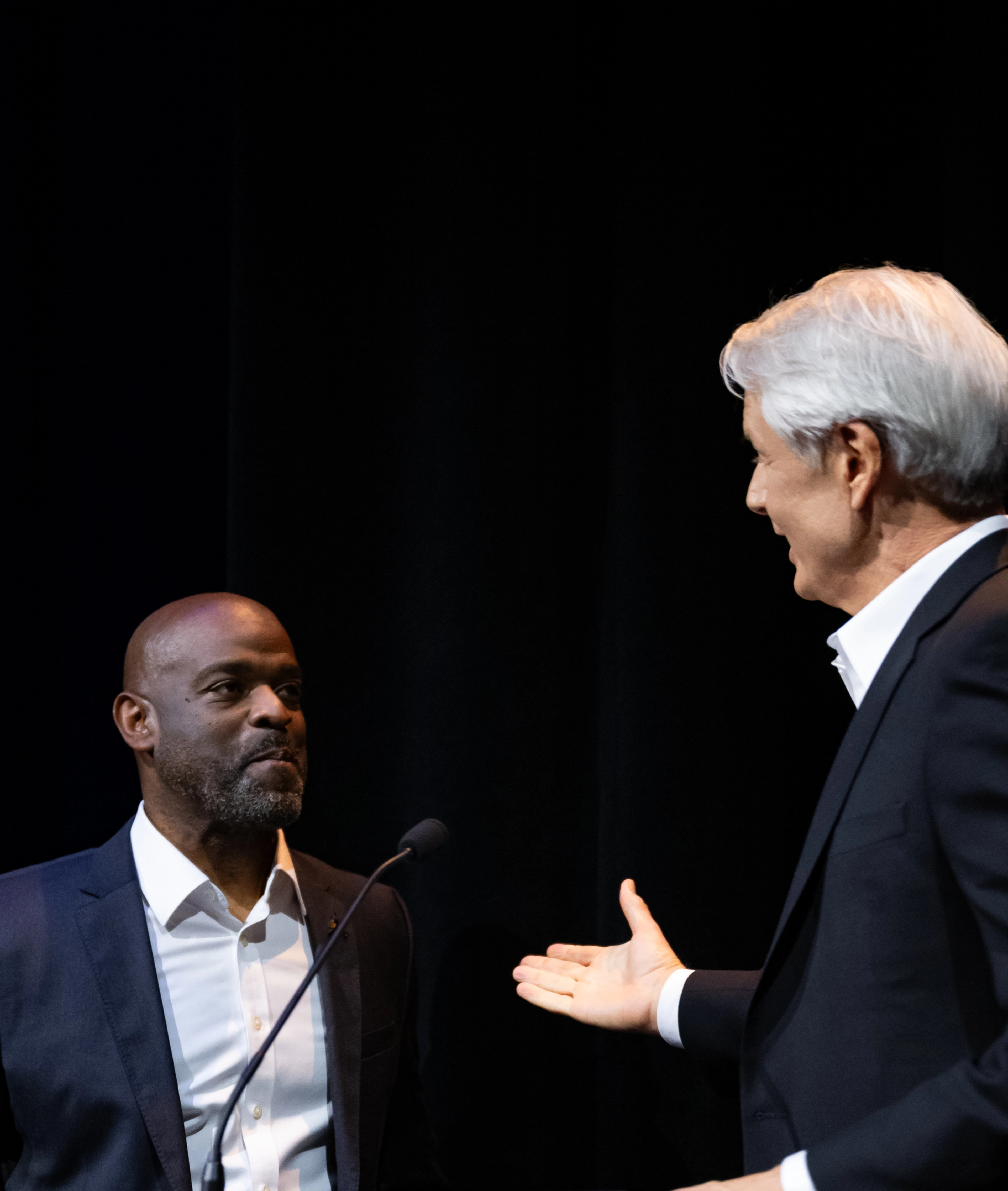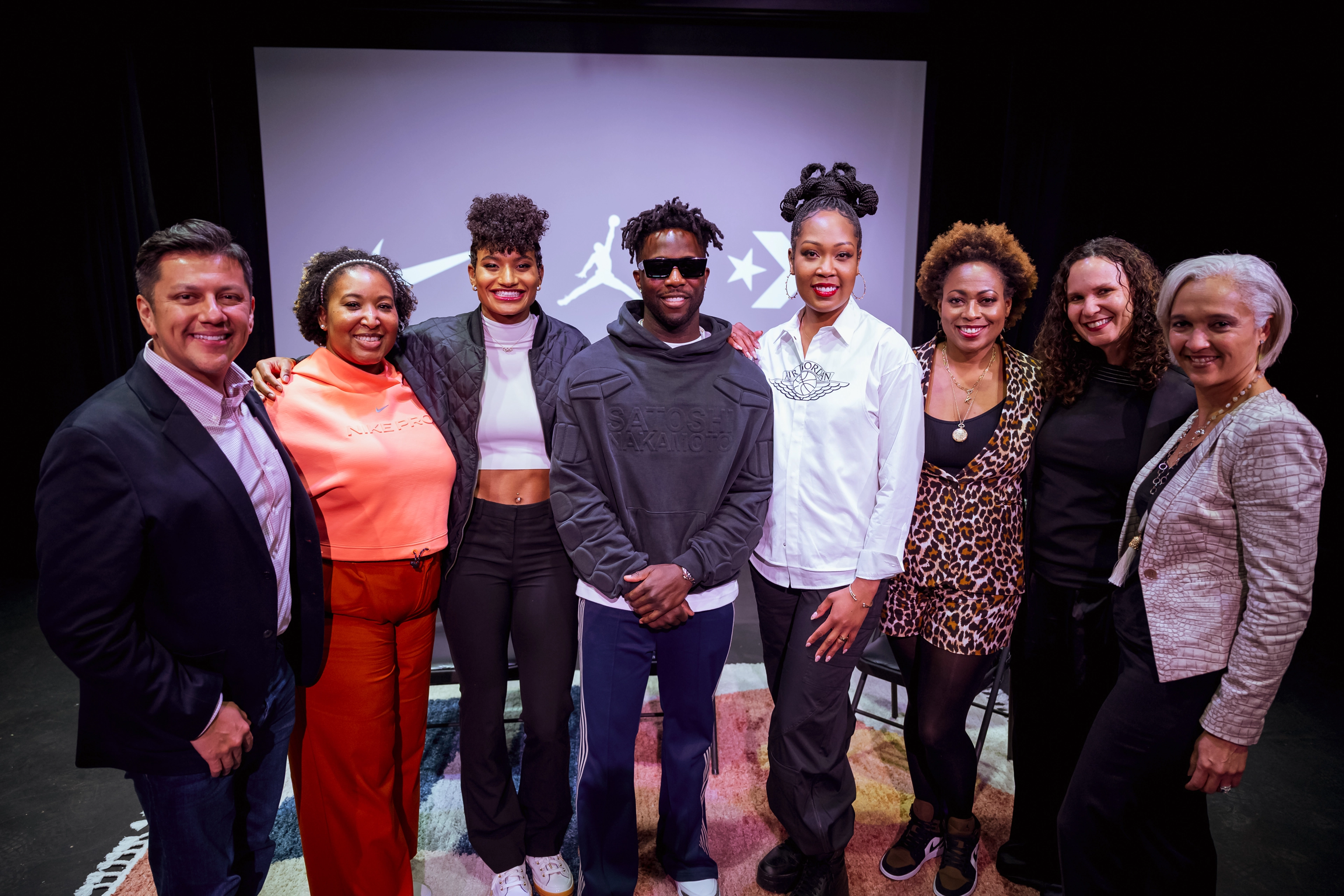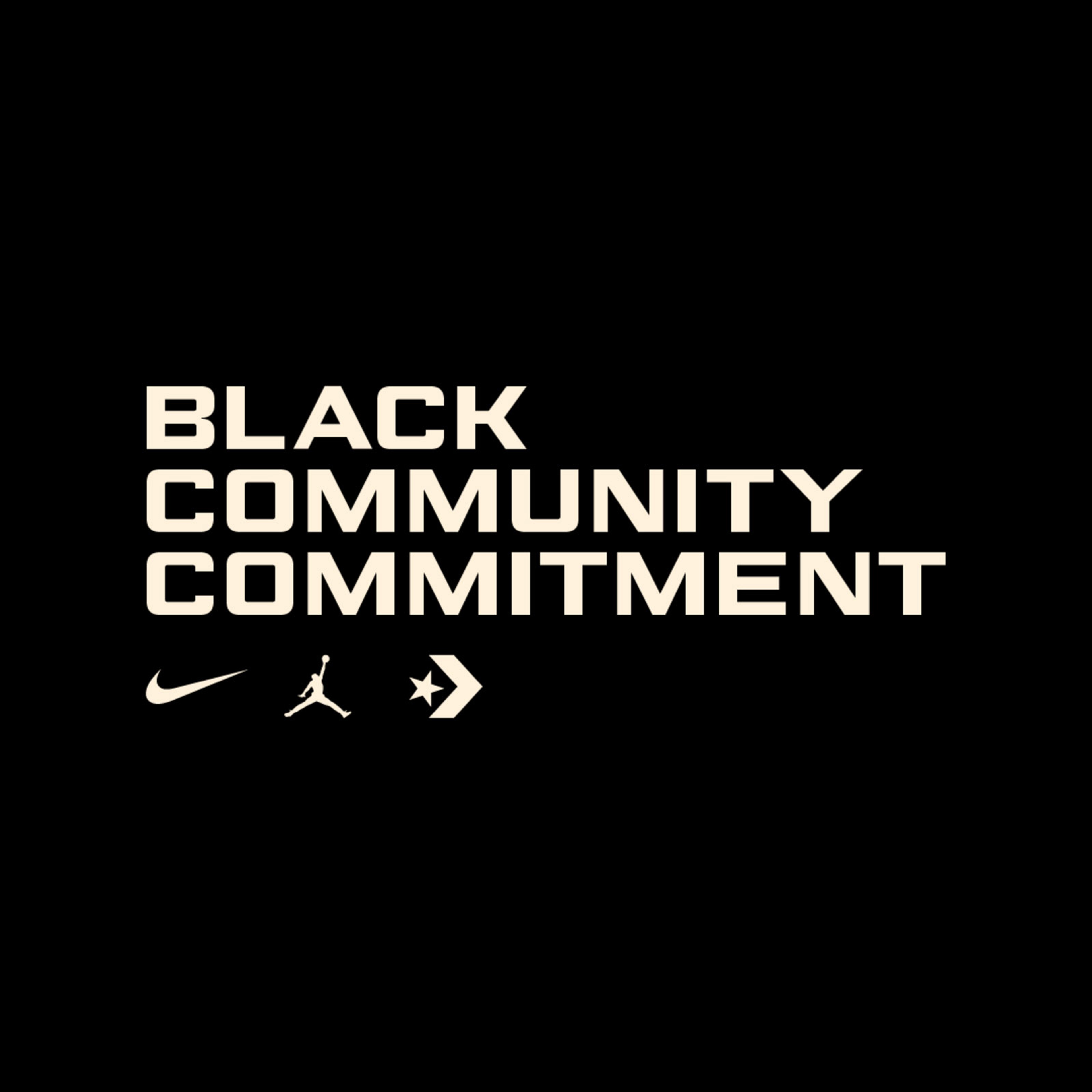At Its Four-Year Milestone, the NIKE, Inc. Black Community Commitment Celebrates Grantees’ Progress
- February 23, 2024
What to know
- On February 21 and 22, NIKE, Inc. marked a milestone year for its Black Community Commitment (BCC), a 10-year, $140 million investment to advance racial equity and help eradicate systemic racism, with an inspiring event in Washington, D.C., called “Path to Progress.” The event served as a backdrop for the release of the Nike Social & Community Impact Grantmaking Guide, an open-source playbook that provides concrete steps for how to take action and catalyze change through community investments. Click the link below to download the full guide.
- NIKE, Inc., including Michael Jordan and the Jordan Brand, announced the BCC in June 2020, deepening its longstanding commitment to the Black community and marking a pivotal moment in the company’s dedication to nonprofit organizations on the front lines of the fight for racial equity.
- Programming for “Path to Progress” included a series of panel discussions featuring Nike and Jordan Brand leaders with BCC grantees on the importance of community-centered giving, a special tour of the National Museum of African American History and Culture, and a marquee conversation among Nike leaders, Nike athletes and grantee leaders on the impact so far of the BCC, held at the Anacostia Arts Center.
This week, NIKE, Inc. took a moment to recognize the path to progress in the fight for racial equity. In Washington, D.C., the company marked a milestone fourth year of its Black Community Commitment (BCC), a 10-year, $140 million investment to advance racial equity and help eradicate systemic racism.
NIKE, Inc., including Michael Jordan and the Jordan Brand, announced the BCC in June 2020, deepening its longstanding commitment to the Black community and marking a pivotal moment in the company’s dedication to nonprofit organizations on the front lines of the fight for racial equity.
Celebrating the work of BCC’s grantee organizations, “Path to Progress” programming included a series of panel discussions featuring Nike leaders and BCC grantees on the importance of community-centered giving, a special tour of the National Museum of African American History and Culture, and a marquee conversation among Nike leaders, Nike athletes and grantee leaders on the impact so far of the BCC, held at the Anacostia Arts Center.
The event served as a backdrop for the release of the Nike Social & Community Impact Grantmaking Guide, an open-source playbook that provides concrete steps for how to take action and catalyze change through community investments. (Click the link below to download the full guide.)
The Social & Community Impact Grantmaking Guide aims to encourage other companies and funders to develop participatory grantmaking in their communities, using strategies rooted in respect and trust. Topics include Nike’s approach to grantee selection, onboarding, investment management and investment transition, which are drawn from Nike BCC grantmaking insight. At the heart of the guide is the affirmation of collaborative relationship-building in the grantmaking process and the power of community-centered giving. When funders and grantees seek to create systemic change and truly listen to one another, their impact is multiplied for future generations.
Vanessa Garcia-Brito, VP, Chief Social & Community Impact Officer, NIKE, Inc., emphasizes the role that authentic relationships have played in the success of the first four years of the BCC.
“We focused on supporting our grantees in ways that allowed them the space to drive impact where they and the communities they serve needed it most,” she says. “This philosophy of participatory philanthropy — which leads with collaborative and community-centered giving — has been critical to the success of the BCC and is now central to how we support community organizations overall.”
Through the BCC, NIKE, Inc. has committed $8.6 million so far in its fiscal year 2024 to national and local organizations primarily focused in seven key U.S. cities: Boston; Chicago; Los Angeles; Memphis; New York City; Portland, Ore.; and St. Louis. With the addition of its 2024 BCC grantees, NIKE, Inc. has supported more than 125 nonprofit organizations through the BCC and is on pace to fulfill its commitment of $40 million since its fiscal year 2021.
“I’m proud of the work and commitment Nike has made these past four years,” says John Donahoe, President and CEO, NIKE, Inc. "But without the passion, dedication and hard work of our more than 125 grantees, our investments simply would not drive the impact we jointly aspire to have.”
Through its commitment to the Black community and all historically underrepresented groups, Nike will continue to support leading organizations on the front lines of the fight for racial equity through their work on economic empowerment, education innovation and social justice.
At the local level, Nike will focus investment and attention on advancing social justice through sport. Sport has the power to unlock potential for success beyond the game, particularly for young people. Nike believes greater participation in sport will create opportunities for inclusive communities to move forward on the path to progress in all aspects of life.
During the next six years, Michael Jordan and the Jordan Brand will continue to support Black-led national and local organizations doing important work on economic justice, education, social justice and narrative change through the BCC.
